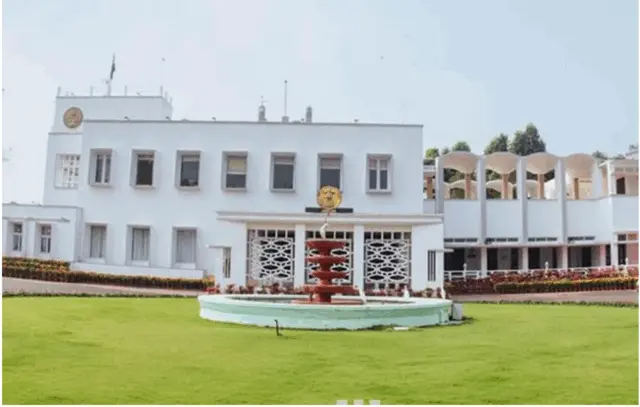Bhubaneswar: The National Education Policy (NEP) 2020 aims to provide equitable and inclusive education for all, with a special priority on women and girls, children and youth belonging to socially and economically disadvantaged sections. As the girls’ dropout rates from schools are seemingly at a higher-end despite many efforts, initiatives and policies being implemented to curb it. So in such a scenario, the relevance of this New Education Policy appears to be all the more. Most of the time enrollment ratio of girls deteriorates at the level of higher secondary schooling. The major factors are girls attaining puberty, and the depletion of availability of separate toilets for girls in schools. So the reasons like hygiene, the safety of girls and privacy are some of the major concerns to account for.
The NEP 2020 has been framed to convene the challenges with the help of its Gender Inclusion Fund (GIF). This fund will be utilized to procure quality education for all students barring any kinds of discrimination at the same time to prevent girls dropouts it will be consumed to set up separate hygienic toilets. Moreover, the availability of hostel facilities for girl students has been proposed by NEP, especially in those areas where girls have to travel very long distances for attending school.
As it is well versed that girls students are doubly disadvantaged in terms of education and so in the four Socio-Economically Disadvantaged Groups (SEDGs), women occupy no less than half of each of these groups. The policy seems to be identifying this factor eventually. Whereas the policy strives to work on some of the predominant social attributes such as gender stereotyping and social practices operate in the name of customs, traditions and beliefs which have been obstructing women and girls to pursue education and fulfil their dreams. It is to expect that gender-specific issues are raised and attended purposely.
Not only education of girls but NEP 2020 directs to deal with gender inequity in the recruitment of teachers in rural India. The policy will be implementing new way outs for ensuring that merit and qualifications are given priority for the selection of teachers rather than gender. It also intends to stress on women teachers are given fair chances in the recruitment process.
It is also indicated in the policy that good teacher training is a key to quality education.
Therefore, the policy has emphasized the urgency of proper training for teachers and facilitators like Anganwadi workers to counsel the families for sending their girls to schools and also for identifying issues that perpetrate because of the gap between the educated girl’s child and uneducated families.
Another gender-sensitive step that the policy foreground is skill development courses. The incorporation of skill development courses in education policy will stand as a way forward for girl students. Economic dependence is one of the major factors for gender inequalities and domestic violence in society. However economic empowerment of women through skilling development education will help the women to stand on their feet financially. On the other hand, this step will attract the girl students to take up studies and pursue education as well, the mindset of the family members will change regarding women being a burden and meant to be married and take care of the household.
Along with many positive including in NEP, there are certain lacunas to be filled. The does need to look at with more emphasis on the components of sex education. In every curriculum, students should be taught about the basic knowledge of menstrual health, hygiene, so on and it should be made mandatory in the teaching-learning process.
Secondly, women have to be aware of their legal rights through education. So it is very necessary to incorporate legal education in the curriculum.
-OdishaAge




